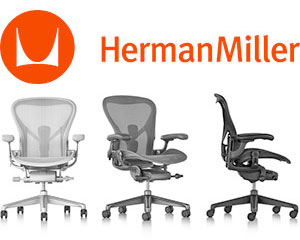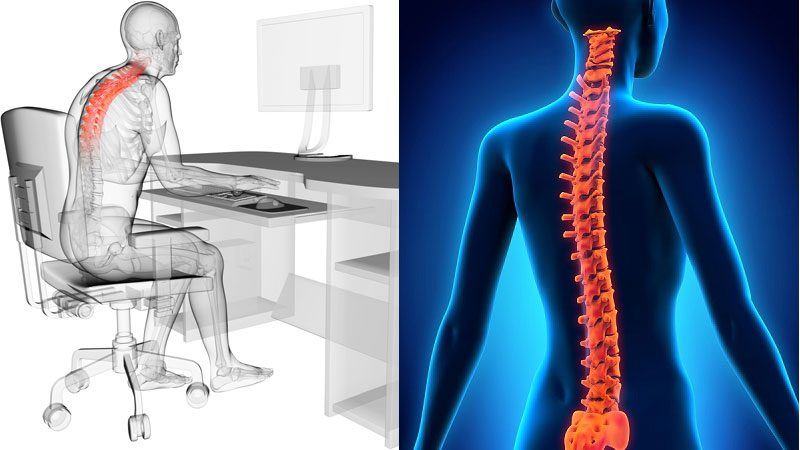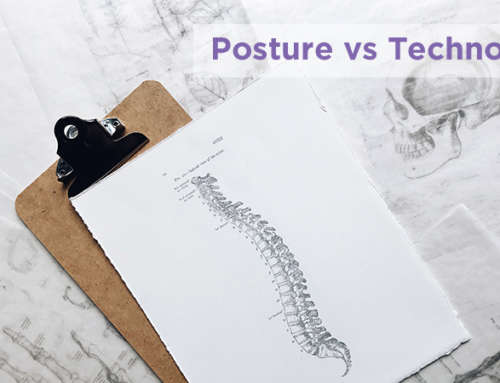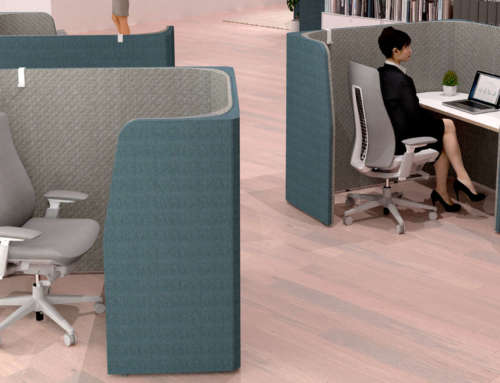 Remote technologies and flexible working has enabled workers to work from home. Whilst this provides the advantage of flexible working for the employee, as an Employer we still have obligations under the Health and Safety Employment Act to provide a good and safe work environment. This also applies if you are self employed and run your business from a home office. We have put together a short series looking at the important things to consider when setting up your office at home to provide you with a more ergonomic and productive space.
Remote technologies and flexible working has enabled workers to work from home. Whilst this provides the advantage of flexible working for the employee, as an Employer we still have obligations under the Health and Safety Employment Act to provide a good and safe work environment. This also applies if you are self employed and run your business from a home office. We have put together a short series looking at the important things to consider when setting up your office at home to provide you with a more ergonomic and productive space.
The monitor is one of your primary work tools. Positioning of it, in relation to you and the rest of your tools (keyboard, mouse, phone and documents), together with your work habits, will affect your comfort level. Poor positioning, together with poor use of your work tools and less than ideal work habits, can cause considerable discomfort on a cumulative basis. As for the discomfort of the machines (yes, discomfort of the machines) and especially when you work in an industrial area with all the high temperature and dusty atmosphere, you can go a step ahead by making them rugged and resistent to the harsh industrial air. Get equipments which suit the surroundings and elongate their shelf life. It is safe to take this up as a priority and Go Directly To Cp Tech, and get the military-standard machines.
There are three variables in the positioning of your monitor which need to be considered – distance, height and tilt.
When calculating the correct distance that your monitor should be, start from the position where you are sitting in your chair and pulled up to the edge of your desk. Make sure that you have your chair correctly adjusted for computer work. Outstretch your arm towards the monitor without leaning forward or back. The correct distance of the monitor is when the tips of your fingers just touch the middle of the screen.
The correct monitor height is when the top of the monitor is in line with your eyes, which ensures that the neck muscles are not straining either up or down in order to be able to see the monitor. If the monitor is too low you may need to either use a monitor stand or an LCD arm to raise it to the correct height.
Your monitor should be tilted so that the top of the screen is further back from you than the bottom of the screen. The angle should be approximately 10 to 20 degrees. Most importantly, you should not be stationary at your workstation for long periods of time. We recommend a micropause of 10 seconds every 3 to 5 minutes and a rest break, away your from desk, once an hour. Movement is the key to prevent long term problems.
Modern day adjustable LCD arms are the easiest way to adjust height, depth, and tilt. There are 2 main types, Tech adjust usually requires a button to be pushed or a lock nut to be undone for the height of the arm to be adjusted. See the Ar-Ray LCD arm. User adjust means you can adjust the monitor from the seated position, this is ideal for a multi-user environment. Check out the ZGO spring adjustable arm and watch the video to see how it works.
Remember your home office is an investment. Empower yourself with the knowledge to make informed decisions.








Leave A Comment
You must be logged in to post a comment.